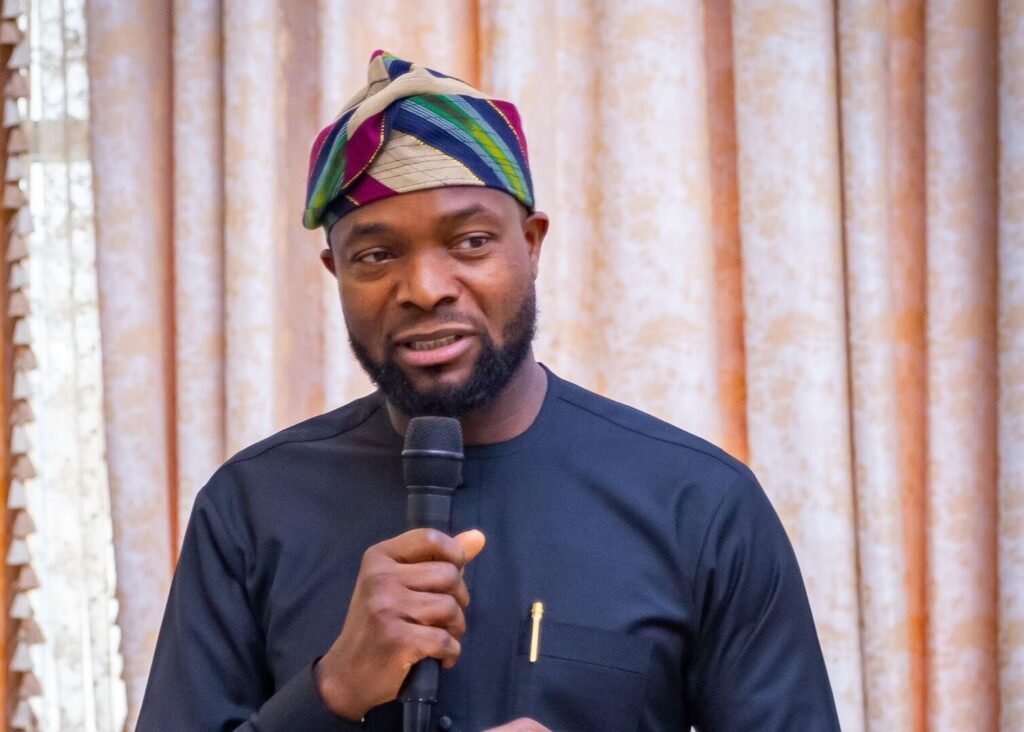
The Federal Government is targeting the planned deployment of 90,000 kilometres of fiber-optic cable across Nigeria to start within the next six months.
The Minister of Communications, Innovation, and Digital Economy, Dr. Bosun Tijani disclosed this while highlighting some achievements of the Ministry under his watch in the last one year.
This implies that the project may kick off anytime between now and February 2025.
The project is aimed at increasing Nigeria’s backbone network from 35,000km to 125,000km by adding 90,000km of fibre-optic cable to the country’s national connectivity backbone.
It is expected to enhance connectivity and improve the quality of telecom service in the country.
Tijani further disclosed that the funding partners, which include the World Bank, are finalizing arrangements for the project’s financing.
“The Federal Executive Council (FEC) FEC has approved the SPV that will deliver on this project, and our development funding partners are currently finalizing the SPV structure to ensure the aggregation of funding required for the effective deployment of the fibre-optic network.
“Our target is for this deployment to start within the next 6 months,” the Minister stated.
Emphasizing the need for the project, Tijani noted that an improved quantity and quality of connectivity would create opportunities in the short and long term by stimulating a more vibrant digital ecosystem.
“By connecting more communities across the country, we will ensure that many more of our citizens can connect to the benefits of the digital economy,” he added.
Dr. Tijani earlier in May this year announced the approval of the SPV by the FEC, noting that it would be modeled in governance and operations similarly to some of the best Public-Private Partnership setups in Nigeria, such as NIBSS and NLNG.
According to him, the government would be working with partners and stakeholders from the government and private sector to build the additional fibre optic coverage required to take Nigeria’s connectivity backbone to a minimum of 125,000km.
He added that that project would also help in increasing internet penetration in Nigeria to over 70% and reduce the cost of access to the internet by over 60%.
Through the project, Tijani said Nigeria would achieve the inclusion of at least 50% of the 33 million Nigerians currently excluded from access to the Internet.
It is also expected to deliver up to 1.5% of GDP growth per capita raising GDP from $472.6 billion (2022) to $502 billion over the next 4 years.
Meanwhile, stakeholders in the ICT sector have warned that the project may fail unless the government first addresses the current issue of the Right of Way challenges across the 36 states of the federation.
According to them, for the project to succeed, the federal government would have to get the buy-in of the state government as they are the ones currently slowing down the pace of infrastructure deployments by telecom operators.








